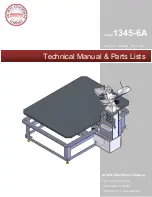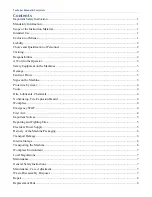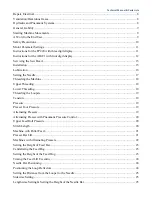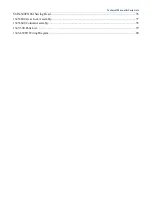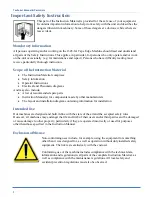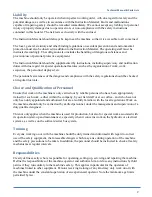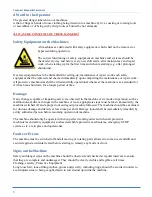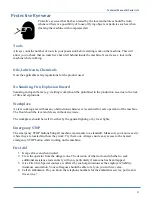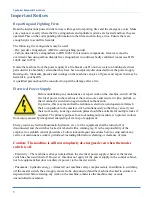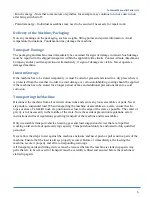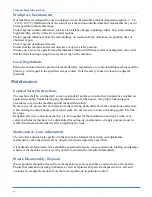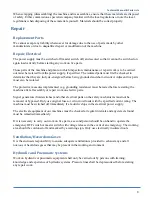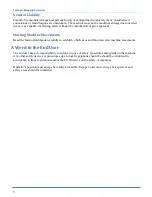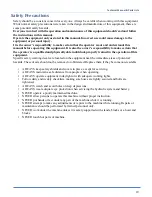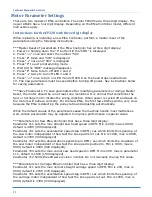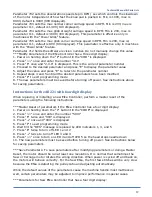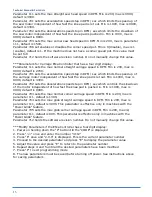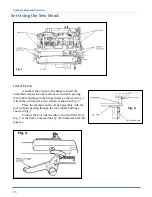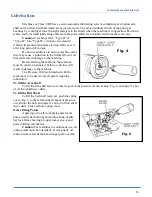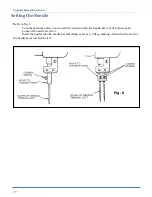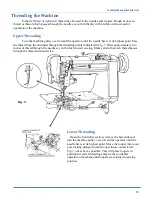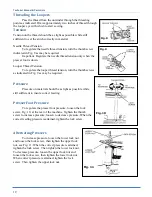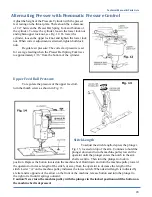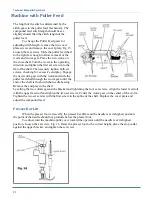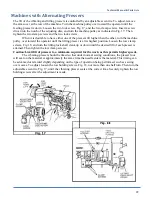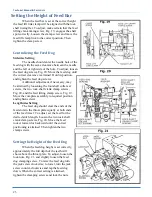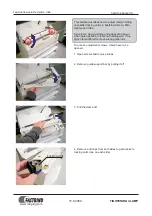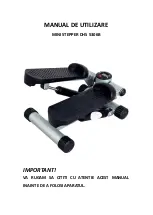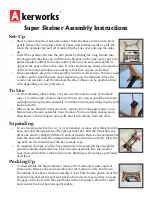
Technical Manual & Parts Lists
8
When scrapping (disassembling) the machine and its assemblies, ensure that these materials are disposed
of safely. Either commission a specialist company familiar with the local regulations or note the local
regulations when disposing of these materials yourself. Materials should be sorted properly.
Repair
Replacement Parts
We cannot accept any liability whatsoever for damage due to the use of parts made by other
manufacturers or due to unqualified repair or modification of the machine.
Repair, Electrical
The power supply must be switched off (master switch off) and secured so that it cannot be switched on
again inadvertently before starting any work on live parts.
Those parts of the machine and plant on which inspection, maintenance or repair work is to be carried
out must be isolated from the power supply, if specified. The isolated parts must first be checked to
determine that they are truly de-energized before being grounded and short-circuited. Adjacent live parts
must also be isolated.
The protective measures implemented (e.g. grounding resistance) must be tested before restarting the
machine after all assembly or repair work on electric parts.
Signal generators (limit switches) and other electrical parts on the safety mechanisms must not be
removed or bypassed. Only use original fuses or circuit overloads with the specified current rating. The
machine must be switched off immediately if a fault develops in the electrical power supply.
The electrical equipment of our machines must be checked at regular intervals and any defects found
must be remedied immediately.
If it is necessary to carry out work on live parts, a second person should be on hand to operate the
emergency OFF switch or master switch with voltage release in the event of an emergency. The working
area should be cordoned off and marked by a warning sign. Only use electrically insulated tools.
Ventilation/Hazardous Gases
It is the end users responsibility to ensure adequate ventilation is provided to exhaust any and all
noxious or hazardous gases that may be present in the working environment.
Hydraulic and Pneumatic Systems
Work on hydraulic or pneumatic equipment shall only be carried out by persons with training,
knowledge and experience of hydraulic systems. Pressure lines shall be depressurized before starting
any repair work.
Summary of Contents for 1345-6A
Page 2: ...Technical Manual Parts Lists ...
Page 21: ...Technical Manual Parts Lists 14 ...
Page 36: ...Technical Manual Parts Lists 29 ...
Page 38: ...Technical Manual Parts Lists 31 ...
Page 40: ...Technical Manual Parts Lists 33 ...
Page 42: ...Technical Manual Parts Lists 35 ...
Page 44: ...Technical Manual Parts Lists 37 ...
Page 46: ...Technical Manual Parts Lists 39 ...
Page 48: ...Technical Manual Parts Lists 41 ...
Page 50: ...Technical Manual Parts Lists 43 ...
Page 52: ...Technical Manual Parts Lists 45 ...
Page 54: ...Technical Manual Parts Lists 47 ...
Page 56: ...Technical Manual Parts Lists 49 ...
Page 60: ...Technical Manual Parts Lists 53 ...
Page 66: ...Technical Manual Parts Lists 59 ...
Page 68: ...Technical Manual Parts Lists 61 ...
Page 70: ...Technical Manual Parts Lists 63 ...
Page 72: ...Technical Manual Parts Lists 65 ...
Page 74: ...Technical Manual Parts Lists 67 ...
Page 76: ...Technical Manual Parts Lists 69 ...
Page 78: ...Technical Manual Parts Lists 71 ...
Page 80: ...Technical Manual Parts Lists 73 ...
Page 82: ...Technical Manual Parts Lists 75 ...
Page 87: ...Technical Manual Parts Lists 80 1345 6WD1 Wiring Diagram ...

